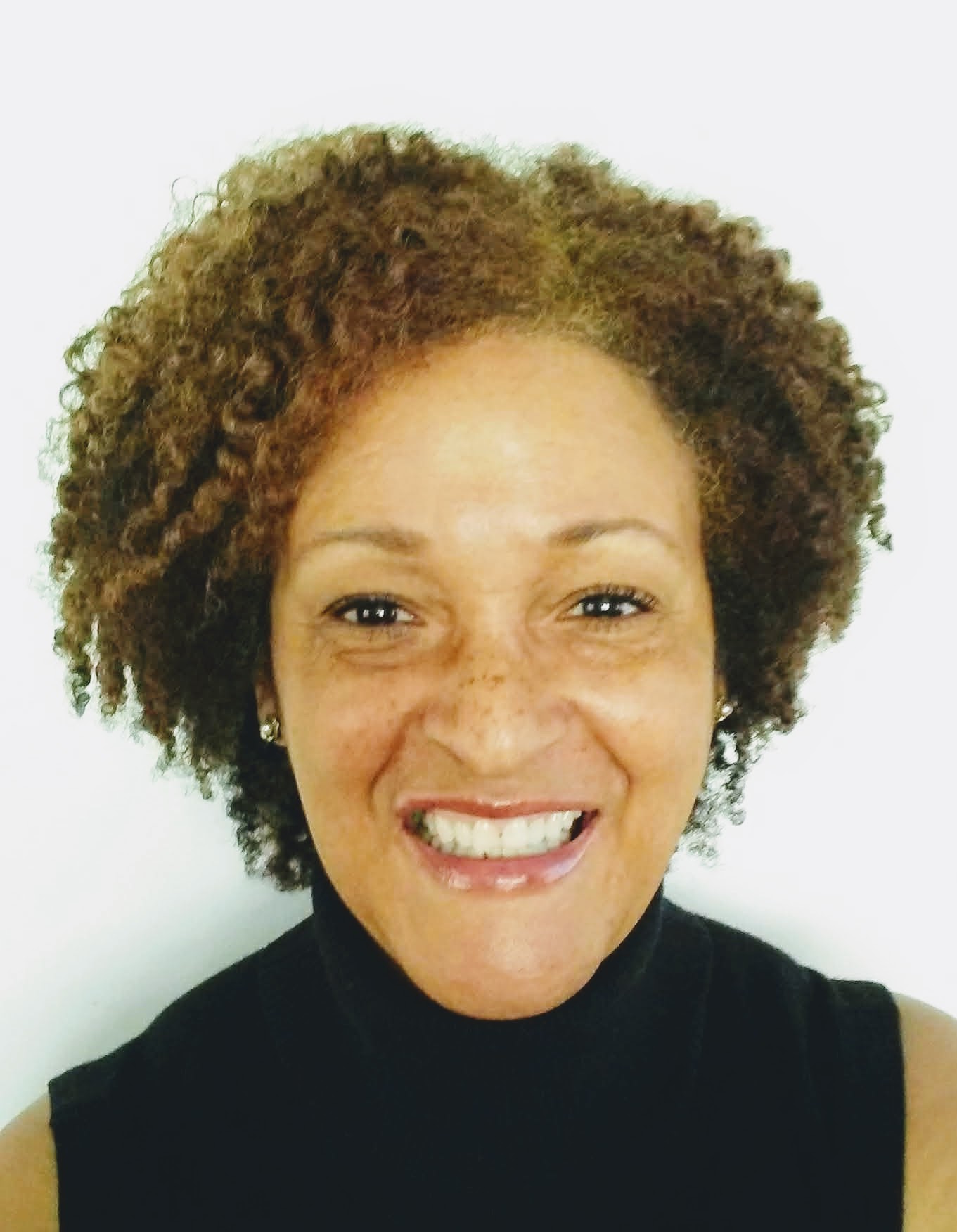Meet Our Community
Faye Anderson USA

Faye Anderson is a social justice activist and historical preservationist based in Philadelphia, Pennsylvania, USA. She is the founder and director of All That Philly Jazz, a place-based public history project that is documenting and contextualizing Philadelphia’s golden age of jazz. Learn about her 2022 International Jazz Day event here.
“Jazz musicians were the vanguard of the struggle for racial justice. They comported themselves with dignity and self-assurance. At a time when racial segregation was legal in the South and practiced in the North, the jazz culture was about freedom – freedom of expression and freedom of association.”
Why do you celebrate International Jazz Day?
In remarks before the 1964 Berlin Jazz Festival, Dr. Martin Luther King Jr. described jazz as “triumphant music.” Dr. King said, “Much of the power of our Freedom Movement in the United States has come from this music. It has strengthened us with its sweet rhythms when courage began to fail. It has calmed us with its rich harmonies when spirits were down.” Pianist Billy Taylor’s composition “I Wish I Knew How It Would Feel to Be Free” was an unofficial anthem of the Civil Rights Movement.
Jazz musicians were the vanguard of the struggle for racial justice. They comported themselves with dignity and self-assurance. At a time when racial segregation was legal in the South and practiced in the North, the jazz culture was about freedom – freedom of expression and freedom of association. In “black-and-tan” clubs across the United States, black Americans and white Americans socialized on an equal basis for the first time. The U.S. Department of State recognized the transformative power of jazz. Beginning in 1956, the State Department sponsored musicians, including Louis Armstrong, Dave Brubeck, Duke Ellington and Dizzy Gillespie, to be jazz ambassadors to tour Eastern Europe, the Middle East, Africa and Asia. The cultural diplomacy program was designed to combat racially-charged Soviet propaganda during the Cold War.
Tell us about a favorite memory from International Jazz Day
I am director of All That Philly Jazz, a place-based public history project that is mapping and contextualizing Philadelphia’s golden age of jazz. Sadly, Philadelphia’s jazz history is not well-documented. The history resides in the memories of those who were there. On International Jazz Day 2019, I interviewed octogenarian Herb Spivak, co-owner of two of Philadelphia’s legendary jazz clubs, the Showboat and Bijou Café. Spivak shared stories about the city’s jazz heyday. The John Coltrane Quartet recorded “Live at the Showboat” on June 17, 1963. Saxophonist Grover Washington Jr. recorded “Live at the Bijou” in May 1977.
How do you think jazz can improve people’s lives?
Nina Simone famously said, “An artist’s duty is to reflect the times.” Simone reflected the Civil Rights Movement and emerging Black Power Movement with compositions like “Mississippi Goddam,” “Why? (The King of Love is Dead),” an elegy to Dr. King, and “To Be Young Gifted and Black.” From Louis Armstrong’s “Black and Blue” to Max Roach’s “Freedom Now Suite,” jazz musicians have used their art as a platform to foster social change.
Billie Holiday first recorded “Strange Fruit” in 1939. More than 80 years later, it remains the most powerful protest song. Indeed, Lady Day proclaimed “Black Lives Matter” long before it was cool. Contemporary jazz musicians have continued the legacy of protest songs with albums such as Terri Lyne Carrington’s “Waiting Game,” Terence Blanchard’s “The Malcolm X Suite” and Christian McBride’s “The Movement Revisited.”